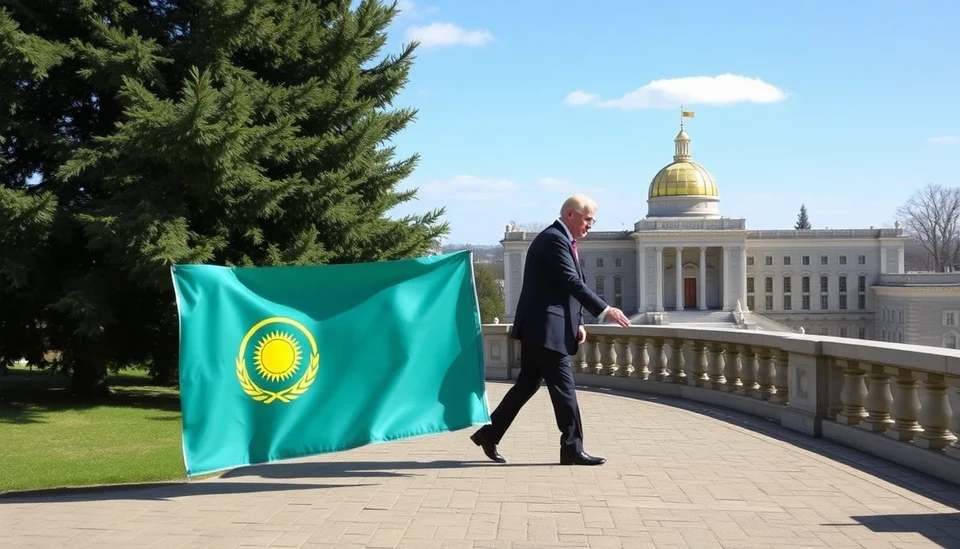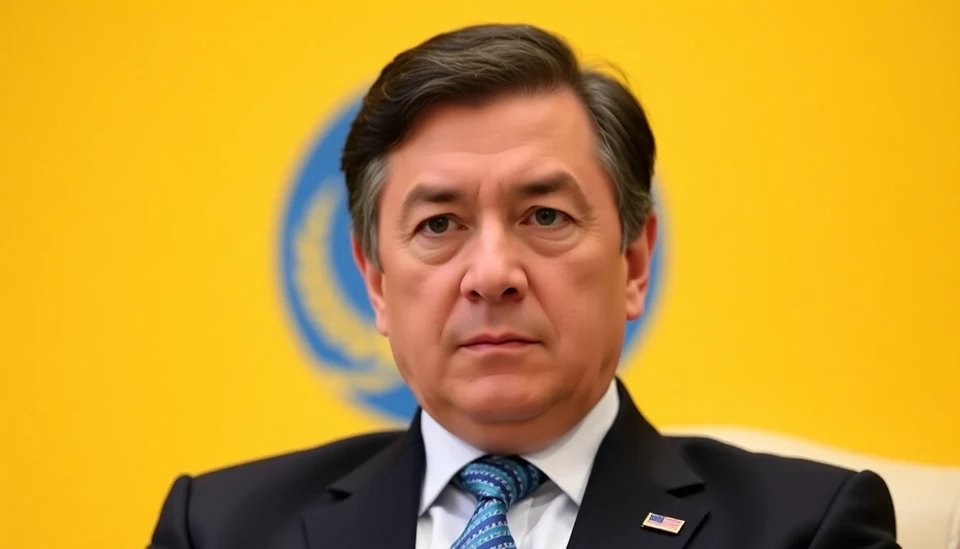
In a recent announcement, the National Bank of Kazakhstan has decided to maintain its key interest rate at 16.75% in an effort to stabilize the economy amidst a significant downturn in crude oil prices. The bank's move comes in response to the challenges posed by a falling tenge and rising inflation, which have resulted from global market pressures.
The Tenge, Kazakhstan's national currency, has been under considerable strain due to fluctuating oil prices, a vital component of the country's economy. The price of Brent crude has seen a notable decrease, dropping by around 8% this month alone, a situation that has heightened concerns regarding the overall economic stability of the nation. As oil revenues play a crucial role in the country's fiscal health, this decline poses a direct threat to government revenues and the strength of the Tenge.
The central bank's decision to preserve the interest rate signals its commitment to combating inflation, which has been a persistent issue in the region. Inflation rates have surged, fueled by external economic factors and domestic pressures, making it imperative for the bank to uphold its monetary policy stance. This strategy is aimed at containing price growth and providing necessary support to the currency.
Moreover, the bank's proactive approach includes closely monitoring global energy markets and other economic indicators to respond effectively as situations evolve. It remains cautious of further economic downturns that could arise from ongoing geopolitical tensions and the overall volatility of energy markets. The central bank emphasizes its readiness to adjust monetary policy should the economic landscape dictate a need for intervention to safeguard financial stability.
Financial analysts are observing Kazakhstan's situation closely, suggesting that while the interest rate hold may provide temporary relief, continuous monitoring of oil price movements is essential. Any further decline could necessitate additional measures from the government and the central bank to mitigate risks to both the economy and the tenge.
Overall, the National Bank's decision reflects a balanced approach to economic management amid turbulent external conditions. By maintaining a steady interest rate, the bank hopes to navigate the complexities of inflation and currency valuation, aiming for sustainable growth in the long term.
This move by the central bank encapsulates the broader economic struggles faced by countries heavily reliant on oil exports. As Kazakhstan positions itself in this complex market, its actions will be pivotal in determining the future trajectory of its economy and the stability of its currency.
In conclusion, Kazakhstan remains in a delicate balancing act, striving to stabilize its economy while navigating the unpredictable waters of global oil markets. The coming months will be crucial, not just for the tenge but for the overall economic outlook of the nation.
#Kazakhstan #InterestRates #Tenge #CrudeOil #EconomicStability #Inflation #NationalBank
Author: Rachel Greene




